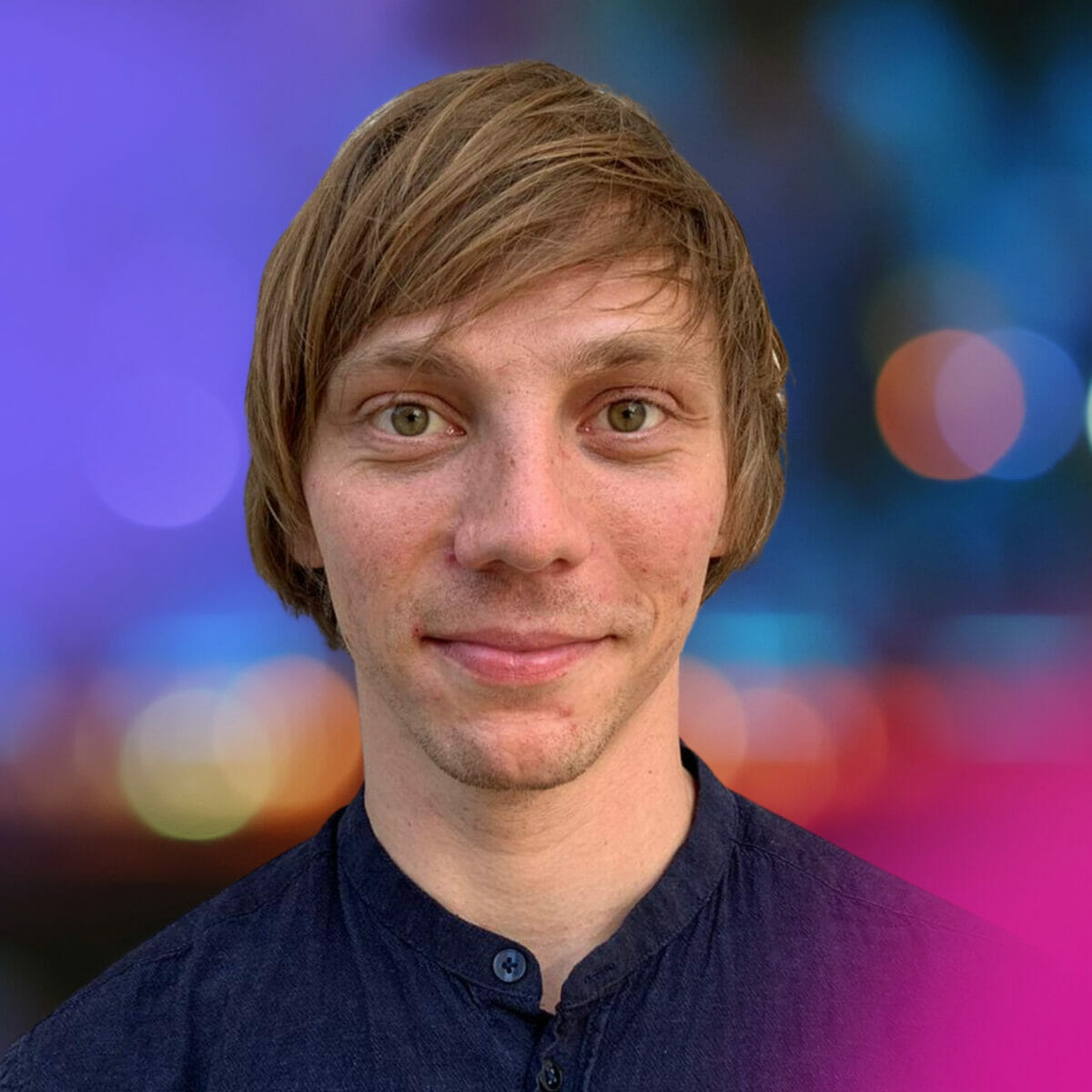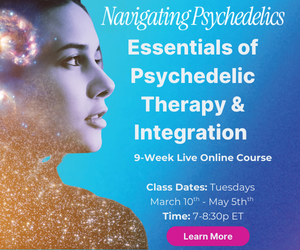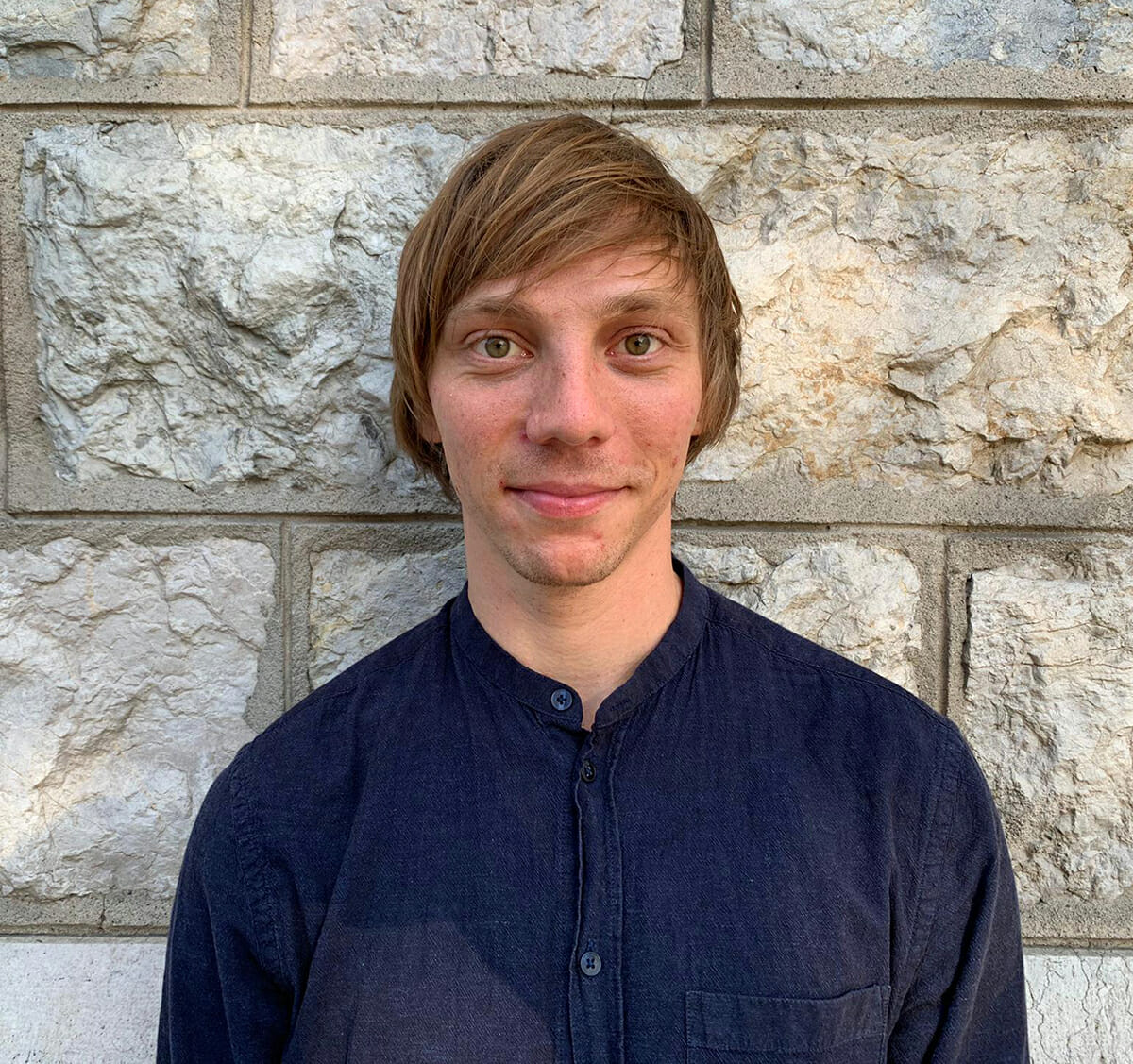
Culture
PT451 – ALPS Conference 2023: A Window Into Switzerland’s Psychedelic Scene
October 13, 2023
Featuring: Federico Seragnoli
In this episode, Joe interviews Federico Seragnoli: coordinator of the ALPS Foundation, psychologist who works with patients undergoing compassionate use treatments with psychedelics, and Founder of the ALPS Conference.

In this episode, Joe interviews Federico Seragnoli: coordinator of the ALPS Foundation, psychologist who works with patients undergoing compassionate use treatments with psychedelics, and Founder of the ALPS Conference.
This year, the ALPS Conference (which stands for Awareness Lectures on Psychedelic Science) takes place Oct. 27 – 29 at the Bâtiment des Forces Motrices in Geneva – a prime location for a conference due to Switzerland’s legality around psychedelics, where any citizen can apply for psilocybin or LSD therapy if they fall into the category of ‘treatment-resistant.’ Seragnoli discusses how the conference was originally inspired by an article on the MAPS blog about how to be a psychedelic researcher; and talks about its humble beginnings, its new location, and why it’s moved across the country each year. The conference features names like Rick Doblin and Michael Mithoefer, but he’s most excited about the smaller size of the event and the panel discussions, which gives attendees a chance to ask questions and hear some real conversations.
He discusses the vibrant field of psychedelic therapy and research in Switzerland; the importance of compassionate use and the criteria physicians need to be able to use it; the impact of students creating psychedelic associations at their universities; and Seragnoli’s new research: seeing if there is a link between cognitive science and a conceptualization of science – if you can model consciousness off neuroscience, can you model it off how you feel?
Notable Quotes
“When we deal with psychedelic therapy, with people coming as patients, we have to find ways to let them know what they are going to do and to let them integrate what happened in their own mind. So one thing that you actually do every time when you prepare people for that is to just straightaway try to understand how they perceive themselves as cognitive agents. In other terms, it would be like how do they feel about being a conscious human being? What is their narrative, what is the story that they tell themselves around what is their own consciousness, like their own naive definition of consciousness? And then basically, you try to get their own worldview on this, then you try to inform that worldview with more [pragmatic] and useful ways of seeing it so they can better use it to better regulate themselves.”
Links
I Feel Love: MDMA and the Quest for Connection in a Fractured World, by Rachel Nuwer
The History of MDMA, by Torsten Passie
MAPS.org: So You Want to be a Psychedelic Researcher? R. Andrew Sewell, MD Answers.


